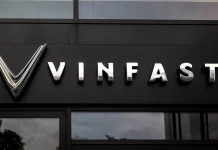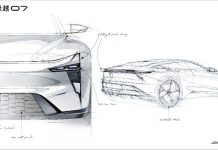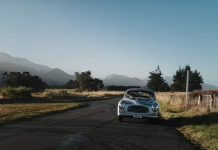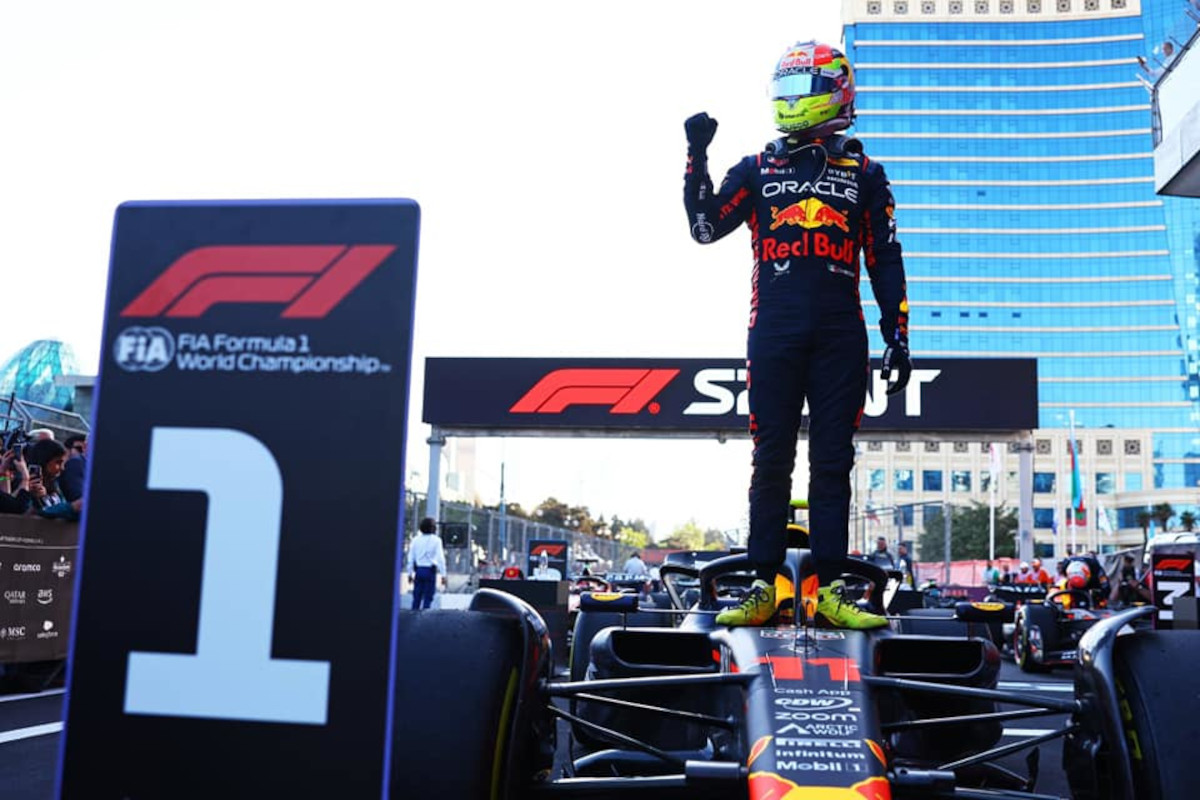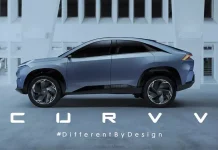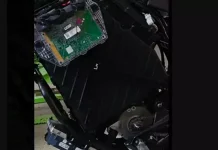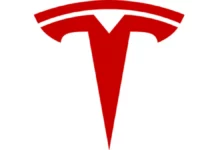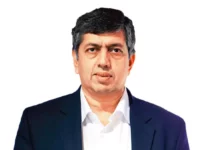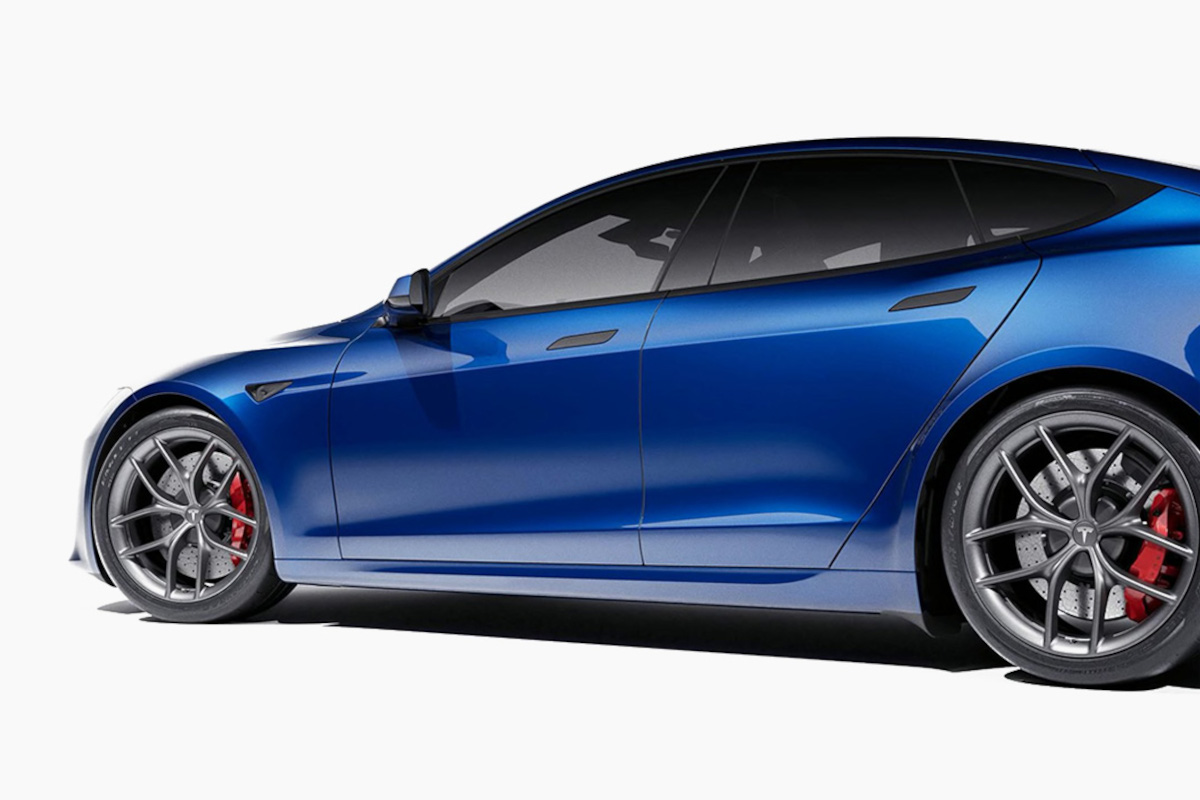Key Points
- Tesla and India have been in talks for years about Tesla entering the Indian market as a domestic automaker.
- The delays over the past years have been related to India’s desire for Tesla to establish a production facility there, while Tesla was adamant about testing demand through imports.
- Over the past two months, Tesla and India have made significant headway on a deal, as there have already been talks on a factory would build a $24,000 compact electric vehicle for both domestic customers and to export to other countries.
- Tesla executives met with Invest India CEO Nivruti Rai on Thursday to discuss what else needs to be ironed out before a factory can be built.
- There are ‘many’ Indian states hoping to land the factory Tesla is likely to build in the country.
- Things are still at a preliminary stage, but it seems like Tesla is finally getting closer to entering the Indian market.
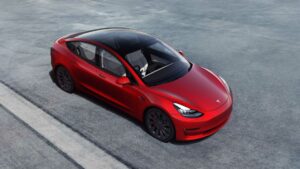
Details
Tesla is moving closer to entering the Indian market as a domestic automaker, and the talks with Invest India on establishing a production facility have progressed significantly. While Tesla and India have been in discussions for years, recent developments indicate things are now more serious and closer to happening.
One of the major hurdles in the past was India’s requirement for Tesla to set up a production facility in the country. Tesla, on the other hand, was keen on testing demand through imports. However, India’s high import duties and lack of interest in relaxing them created delays in the process.
Over the last two months, there has been significant progress, with talks focusing on building a factory would manufacture a $24,000 compact electric vehicle for both the domestic market and export to other countries.
Discussions are moving forward
The recent meeting between Tesla executives and Invest India CEO Nivruti Rai suggests discussions are moving forward. The executives, Rohan Patel and Roshan Thomas were in New Delhi to discuss the remaining aspects need to be resolved before the factory’s construction can commence.
Several Indian states are interested in becoming the location for Tesla’s factory, but certain matters at the federal level need to be sorted out before the final decision is made. In the past, various regions in India, including Maharashtra and Karnataka, have been linked to Tesla as potential factory sites.
The current developments indicate Tesla’s entry into the Indian market as a domestic automaker is becoming more likely, pending the resolution of the remaining issues and the finalization of the factory location.
Some of the benefits of Tesla entering the Indian market:
- Accelerated adoption of electric vehicles: Tesla is one of the leading electric vehicle manufacturers in the world, and its entry into the Indian market would help to accelerate the adoption of electric vehicles in India. This would be a major boost for the environment, as electric vehicles produce zero emissions.
- Job creation: Tesla’s entry into the Indian market would create jobs in the manufacturing, sales, and service sectors. This would be a boon to the Indian economy, as it would help to create jobs and boost economic growth.
- Technology transfer: Tesla is a leader in electric vehicle technology, and its entry into the Indian market would help to transfer this technology to India. This would help to boost the Indian automotive industry and make India a global leader in electric vehicle manufacturing.
- Increased competition: Tesla’s entry into the Indian market would increase competition in the electric vehicle market. This would be good for consumers, as it would lead to lower prices and better products.
Conclusion
Tesla’s entry into the Indian market would be a major boost for the country’s electric vehicle market. India is the world’s fifth-largest car market, and the demand for electric vehicles is growing rapidly. Tesla’s entry would help to accelerate the adoption of electric vehicles in India, and it would also create jobs and boost the economy.
Challenges
However, there are still some challenges need to be addressed before Tesla can enter the Indian market. One challenge is the high import duties on electric vehicles. Tesla would need to negotiate with the Indian government to reduce these duties, or it would need to build a factory in India in order to avoid them.
Another challenge is the lack of charging infrastructure in India. Tesla would need to work with the Indian government to build out the charging infrastructure in order to make its vehicles more accessible to Indian consumers.
Despite these challenges, I believe Tesla’s entry into the Indian market is inevitable. The demand for electric vehicles in India is growing rapidly, and Tesla is one of the leading electric vehicle manufacturers in the world. I believe Tesla will be able to overcome the challenges and enter the Indian market in the near future.

